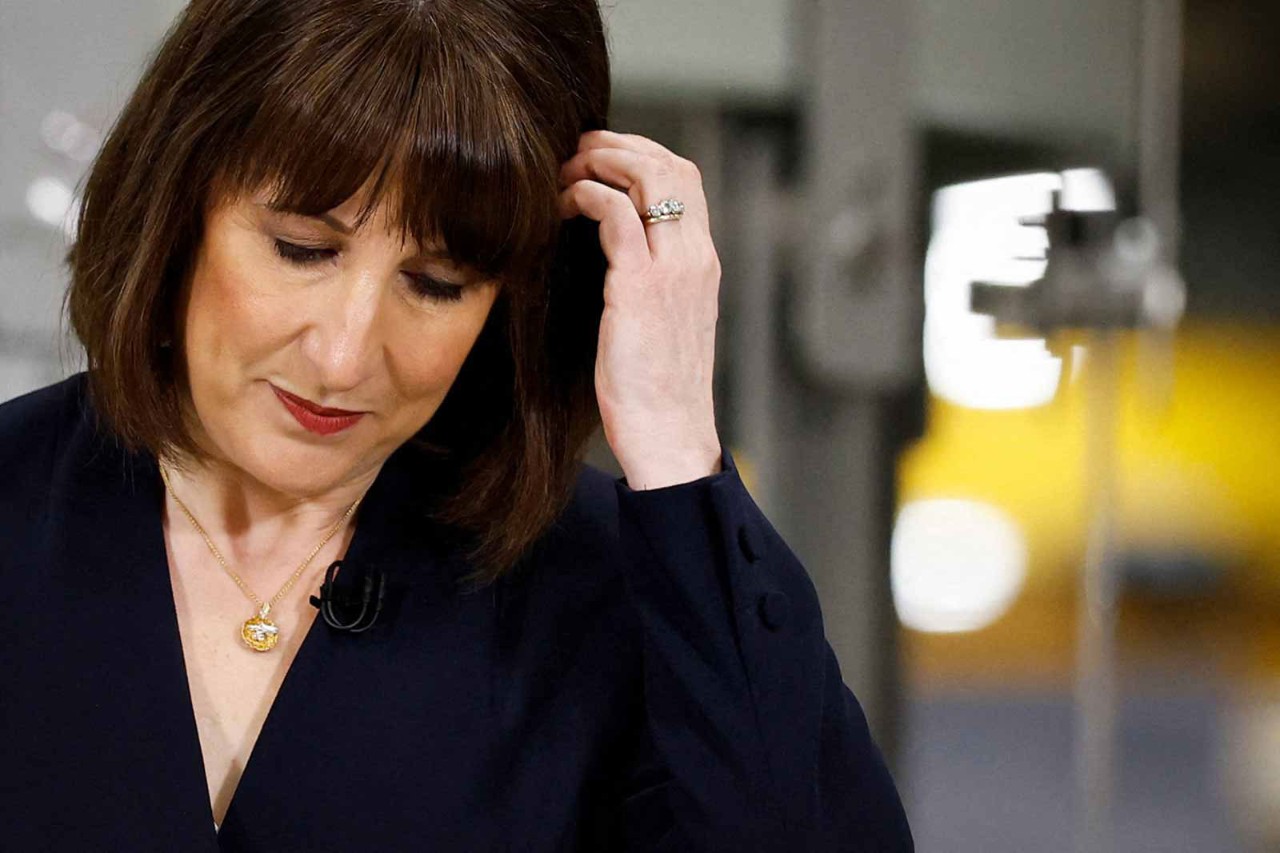
There is an apocryphal story that Joe Kennedy (the father of President John F) sold all his shares in October 1929 days before the Wall Street crash, after a shoeshine boy started talking about his favourite stock tips. Joe was not famous for either probity or humility, and the only source appears to be Joe himself. Whether true or not, it is a reminder that bubbles tend to burst when the last and least likely victim has joined the party.
I was reminded of this recently when reading an article that some pension funds are starting to dabble in cryptocurrencies. The numbers are still small but there is no doubt that bitcoin is attracting increasing interest from the pension industry.
Risky business
I have come across many quotes from funds and their advisers that can be collectively summarised as: ‘We know it’s risky, we don’t really understand it, but, hey, it’s going up’. As the baseball player Yogi Berra might have observed, it’s déjà vu all over again.
It is difficult for professional investors to sue anybody when an investment implodes
One can draw many parallels with investment bubbles, both recent and ancient. People will be arguing about the precise cause of the 2008 global financial crisis for decades to come. My take, for what it’s worth, is that the main trigger was the sudden implosion of the market for collateralised debt obligations (CDOs).
These were opaque and synthetic vehicles that had been AAA-rated by largely unregulated bodies with a clear potential conflict of interest. They were in effect black boxes that promised the holy grail of higher returns with lower risk. The subsequent implosion almost brought down the entire financial system.
Losses when the CDO bubble burst were largely borne by shareholders, consumers and taxpayers
Generally speaking, it is very difficult for professional investors to sue anybody when an investment implodes. Consumer protection laws do not apply and professional investors are responsible for their own due diligence. As far as I know, no investor successfully sued either the ratings agencies or the banks who marketed the CDOs, although some did try.
Gullibility and misalignment
One of the sad lessons of financial crises is that similar mistakes keep recurring. In 2022, as explored in one of my previous columns, the near collapse of the UK gilt market was caused by pension funds seeking higher returns while oblivious to the risks they were running.
I think there are two underlying issues here. The first is gullible ‘professionals’ seeking higher returns without understanding the risks. I recall a very well-known fund manager berating the authorities for not spotting the Madoff fraud while omitting to mention that her fund was charging a substantial carrying fee for fund selection and due diligence.
Numerous bitcoin vehicles have already collapsed and more will inevitably follow
The other issue is misaligned incentives. Almost every individual in the CDO bubble did well while the bubble kept on expanding. The subsequent losses when the bubble burst were largely borne by shareholders, consumers and taxpayers. I am not aware of any individual being censured for almost crashing the UK gilt market in 2022.
Lack of understanding
I am not suggesting that bitcoin is a bubble. It may well turn out to be a durable and useful asset class. The underlying technology, blockchain, is a genuinely useful innovation, which is almost certainly here to stay.
What I am suggesting is that pension funds should not be investing in things that they do not understand. Chasing higher returns without fully understanding the risks is foolish at best and a dereliction of duty at worst. Numerous bitcoin vehicles have already collapsed and more will inevitably follow.
I am not going to compare the relative investment skills of a shoeshine boy and a pension fund manager but at least the former will be able to polish your shoes. And the latter will be unable to sue anyone if his bitcoin investments turn to dust.




